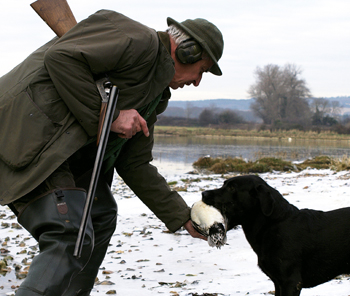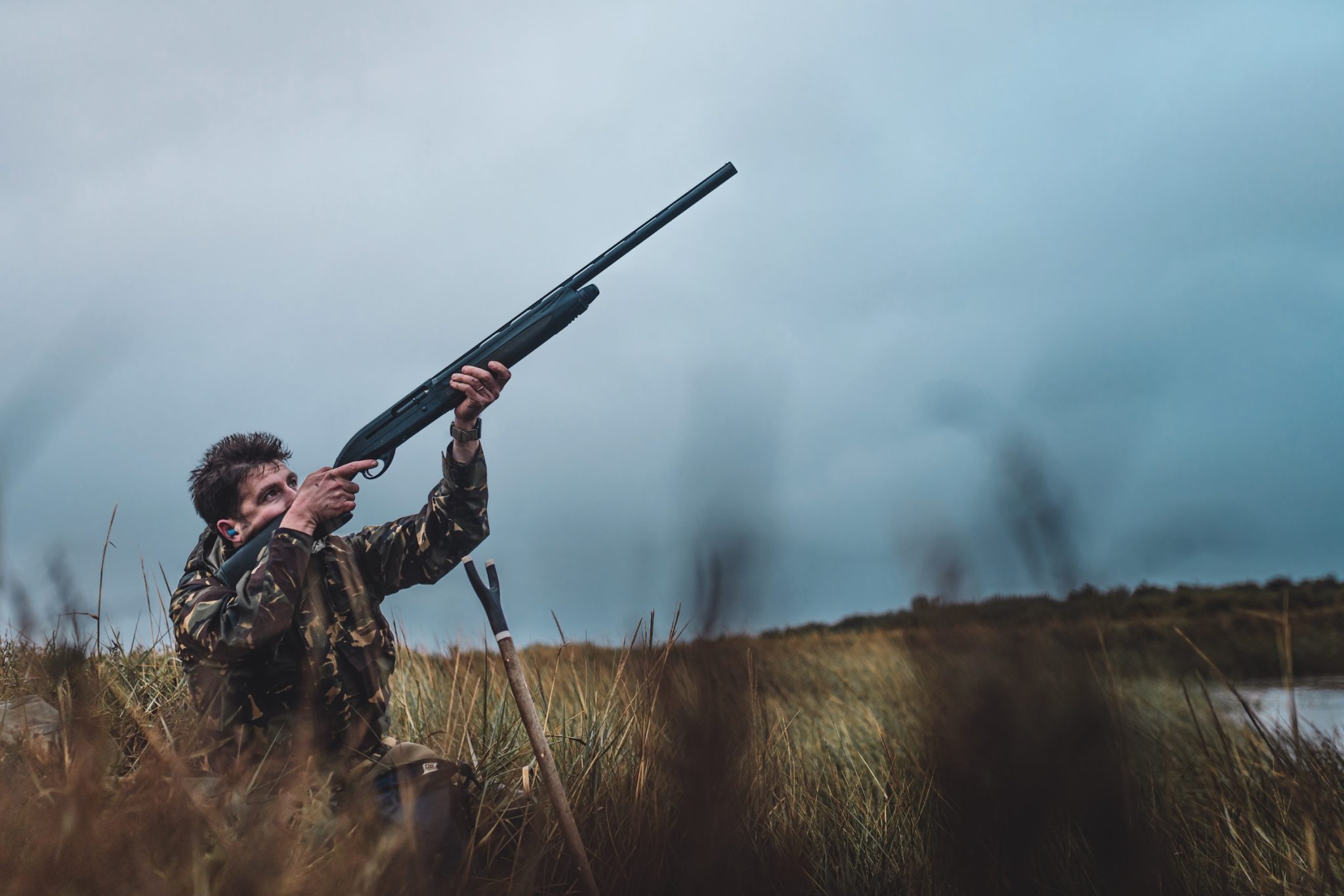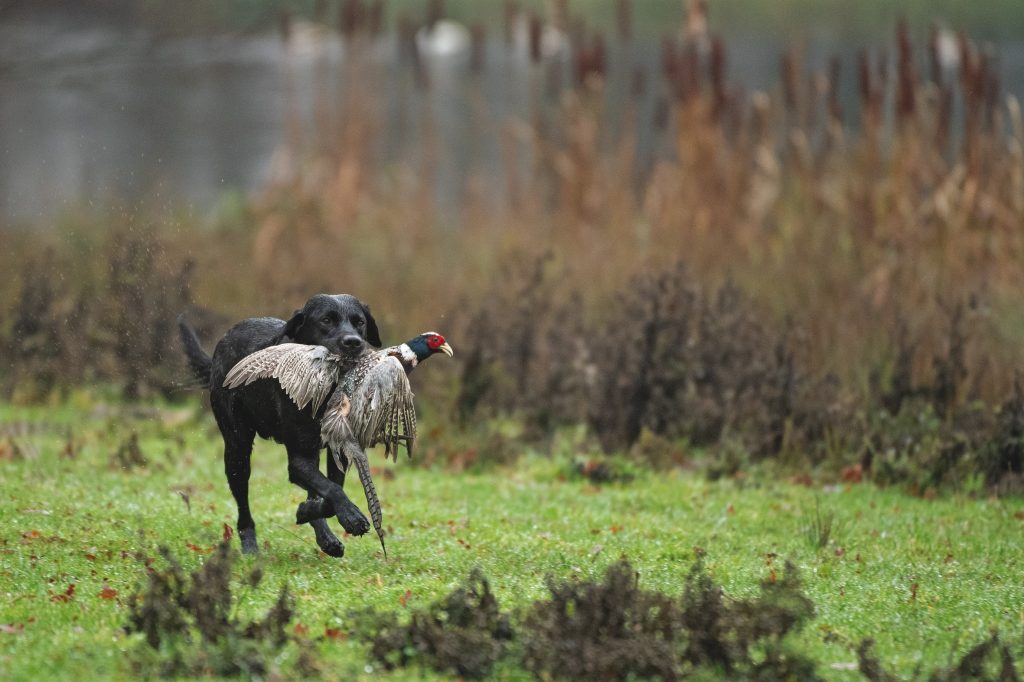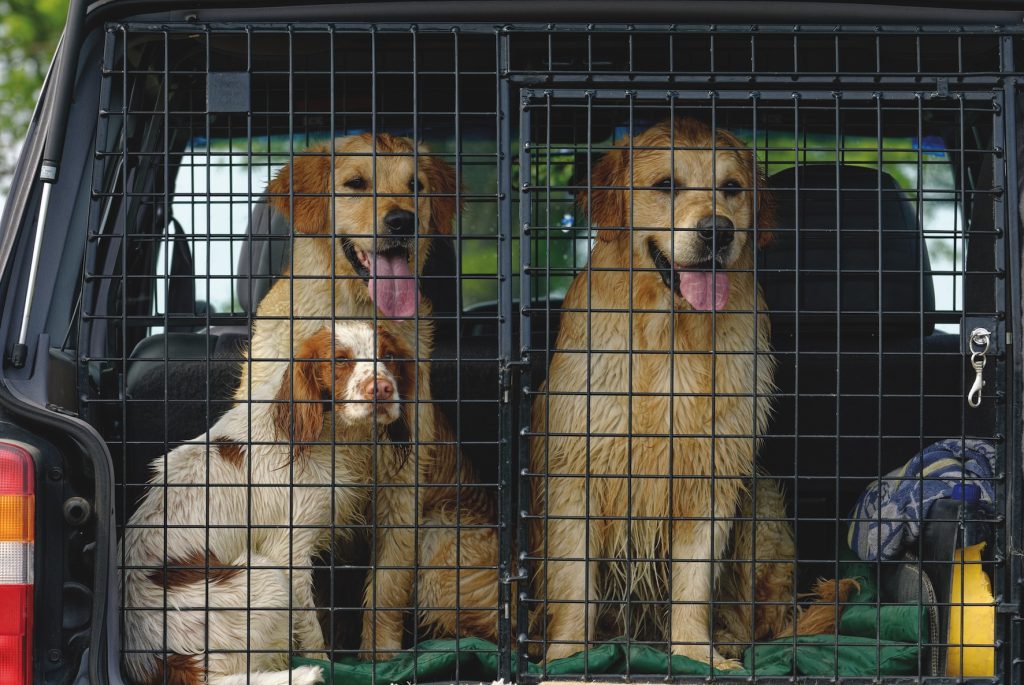The countdown is on for The British Shooting Show – book tickets online today and save on gate price!
Is food for rewards during gundog training neccessary?
Gundog training: I notice that you often advise the use of food for rewards during training. Shouldn't a dog be happy to work for praise?

GUNDOG TRAINING
Jackie Drakeford
Praise rewards some dogs, but a great many more are indifferent to it.
There has to be a great bond between dog and handler if praise is to be a motivator, and this bond usually has to be built deliberately.
We need to be our dogs’ “safe place”, decision maker and fun provider; simply giving board and lodgings isn’t enough.
Some people have a knack for bonding with their dogs and yet there is little to see — they do the right things instinctively and almost invisibly.
In such relationships, the dog is made joyful by its handler’s expressions of pleasure towards it, and so chooses to increase its own psychological rewards by doing the things that please its handler.
Conversely, many dogs enjoy their work but are mildly detached from their owners, or else have not yet built that trust in them that precedes forming the bond.
Food is, therefore, a better reward for them at this stage.
Not all dogs find food rewarding either, and in that instance we have to find other ways of motivating them.
Say what you think in the Shooting UK forums!
Related Articles
Get the latest news delivered direct to your door
Subscribe to Shooting Times & Country
Discover the ultimate companion for field sports enthusiasts with Shooting Times & Country Magazine, the UK’s leading weekly publication that has been at the forefront of shooting culture since 1882. Subscribers gain access to expert tips, comprehensive gear reviews, seasonal advice and a vibrant community of like-minded shooters.
Save on shop price when you subscribe with weekly issues featuring in-depth articles on gundog training, exclusive member offers and access to the digital back issue library. A Shooting Times & Country subscription is more than a magazine, don’t just read about the countryside; immerse yourself in its most authoritative and engaging publication.







